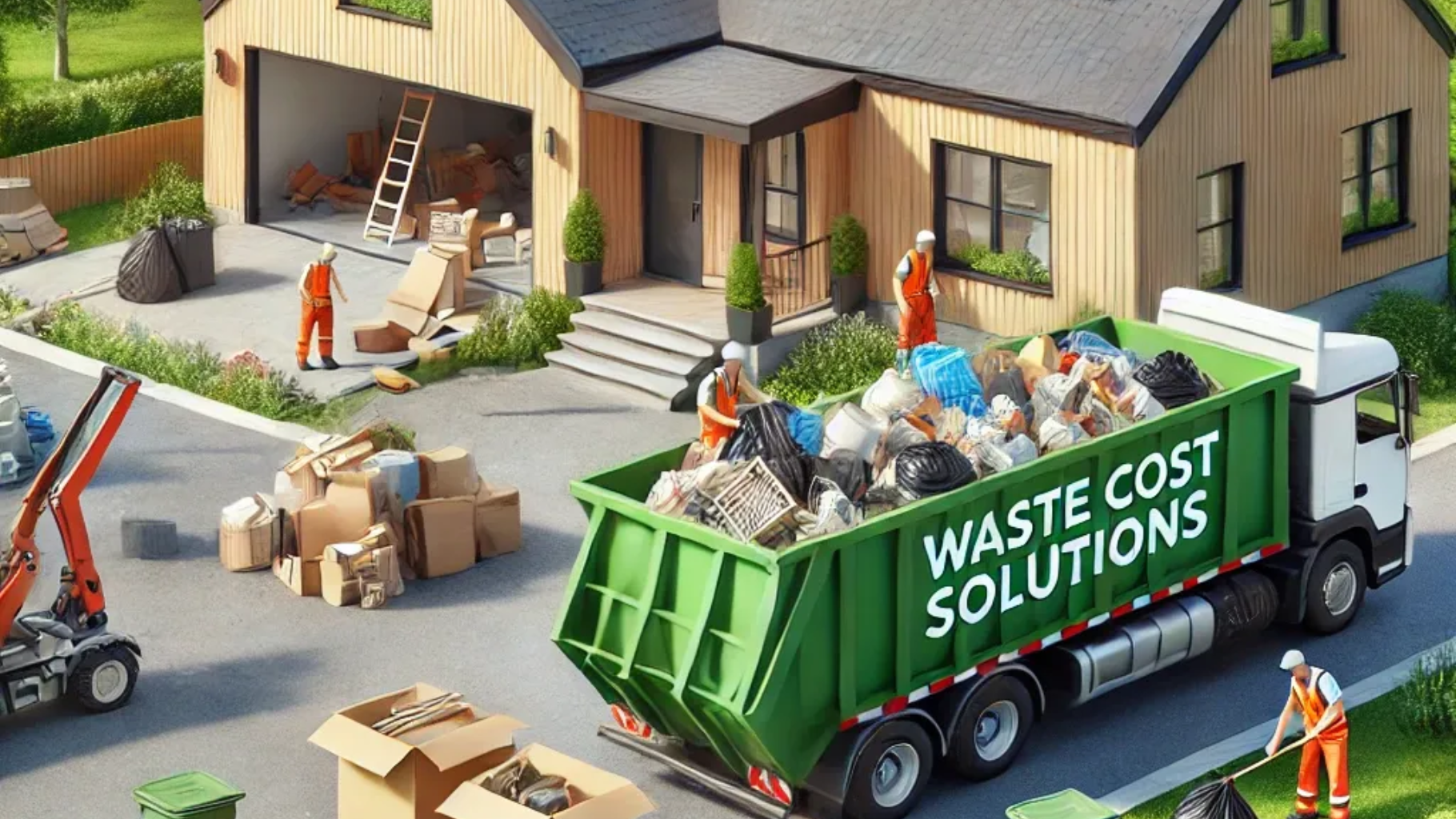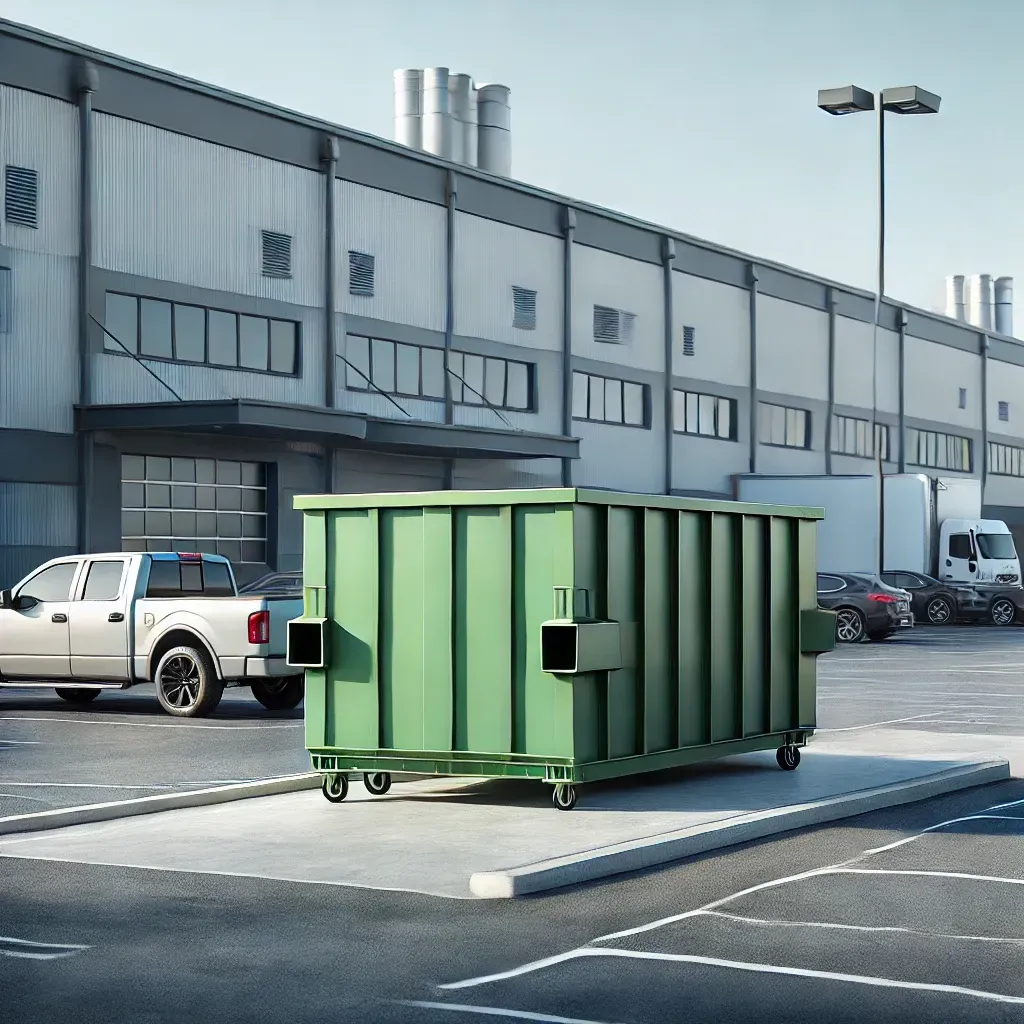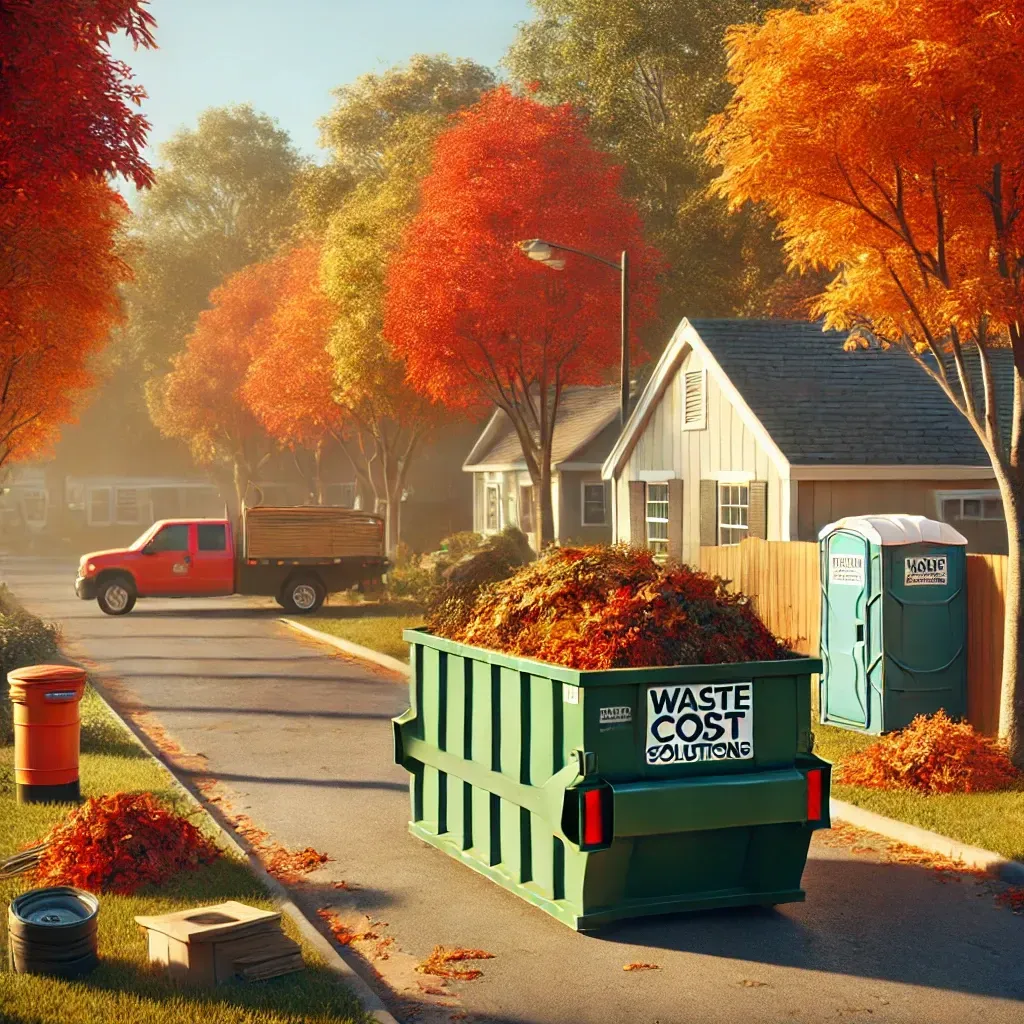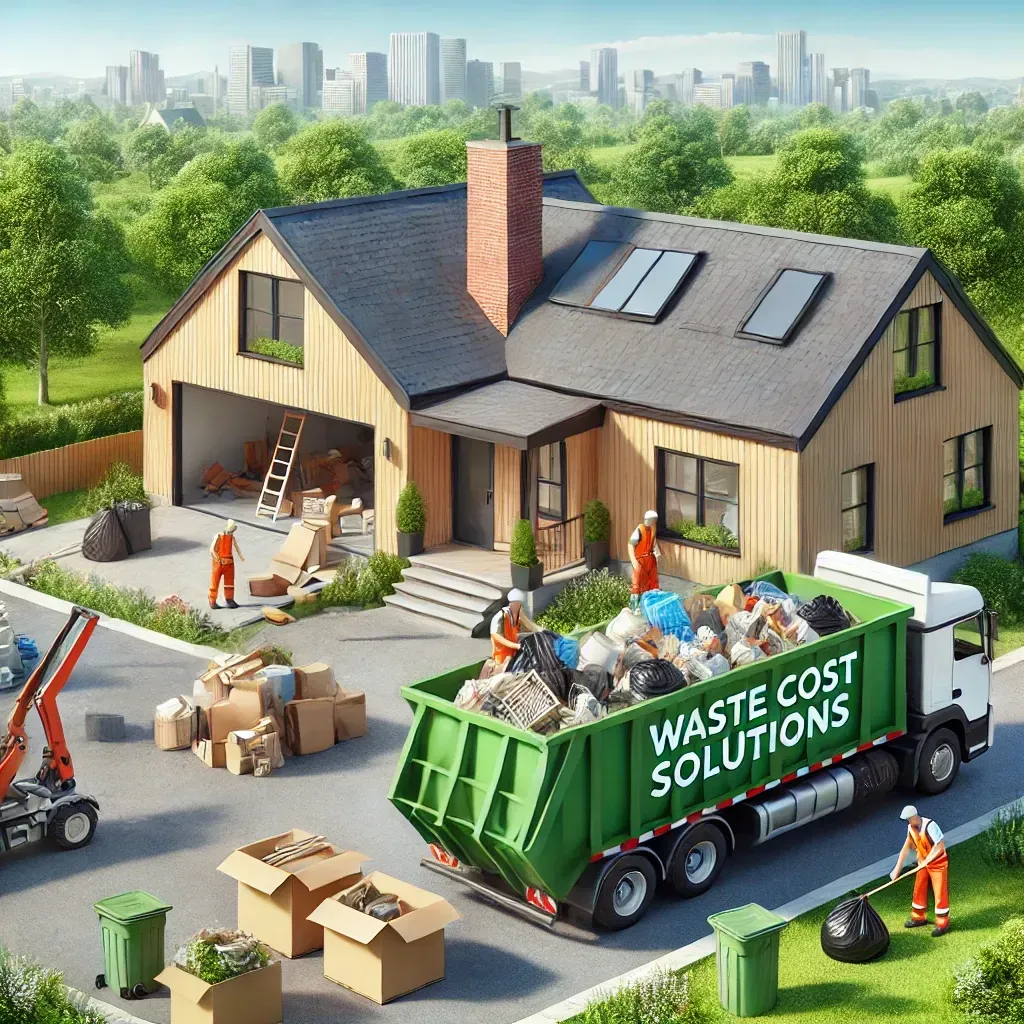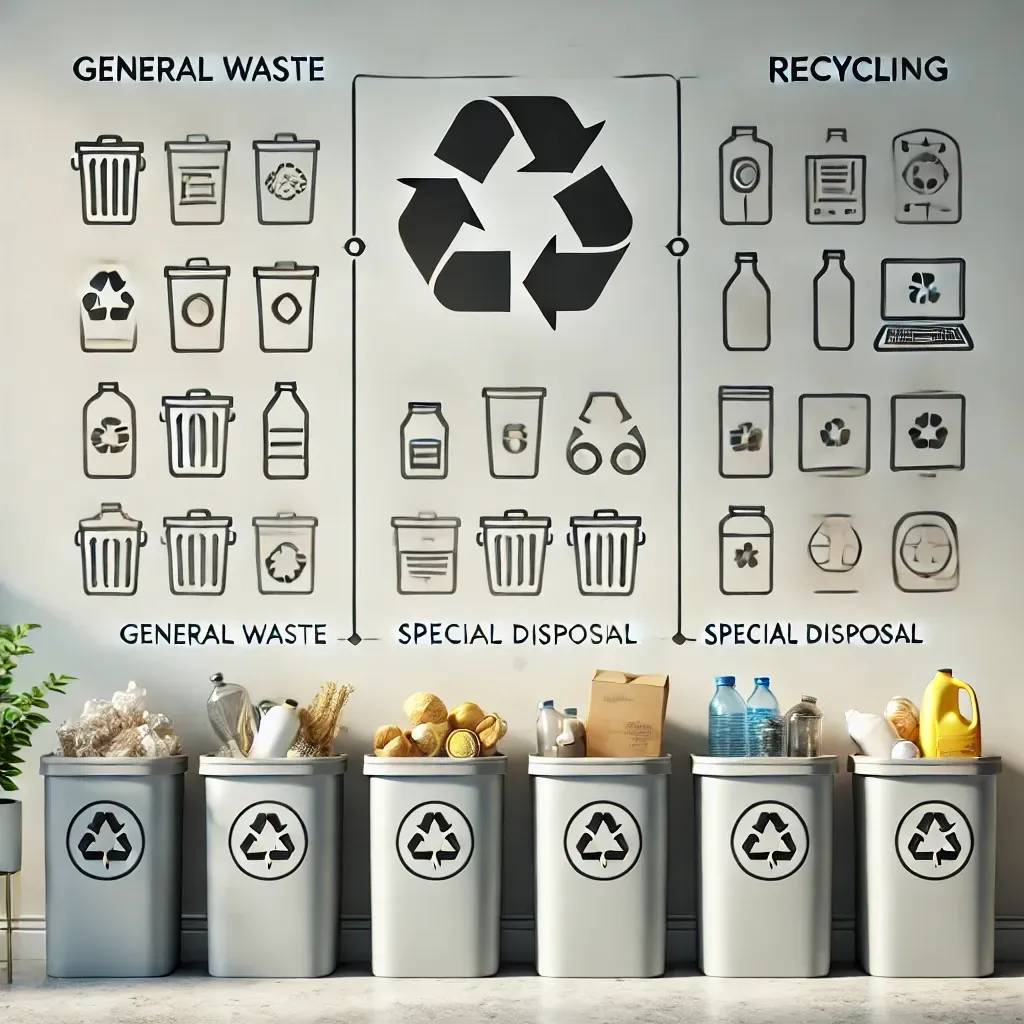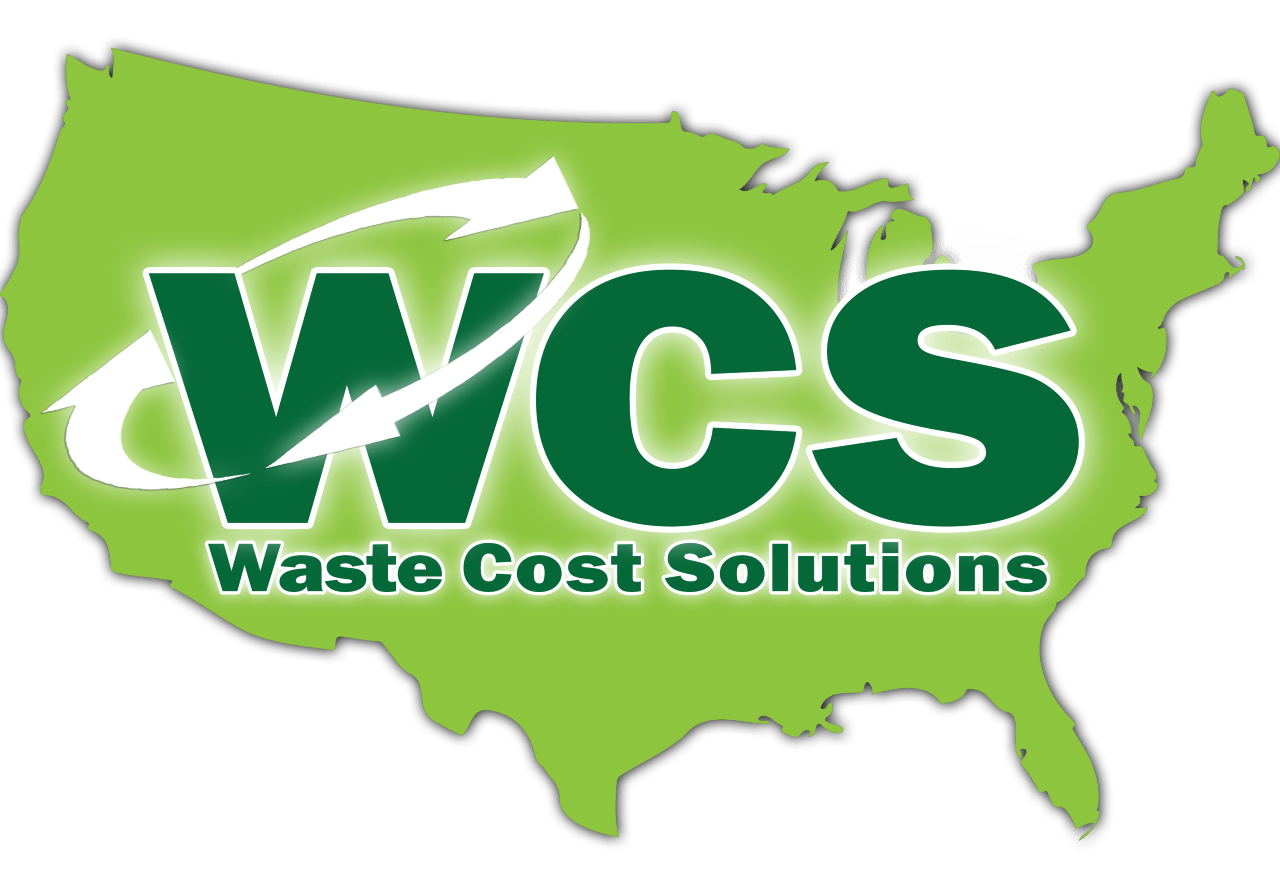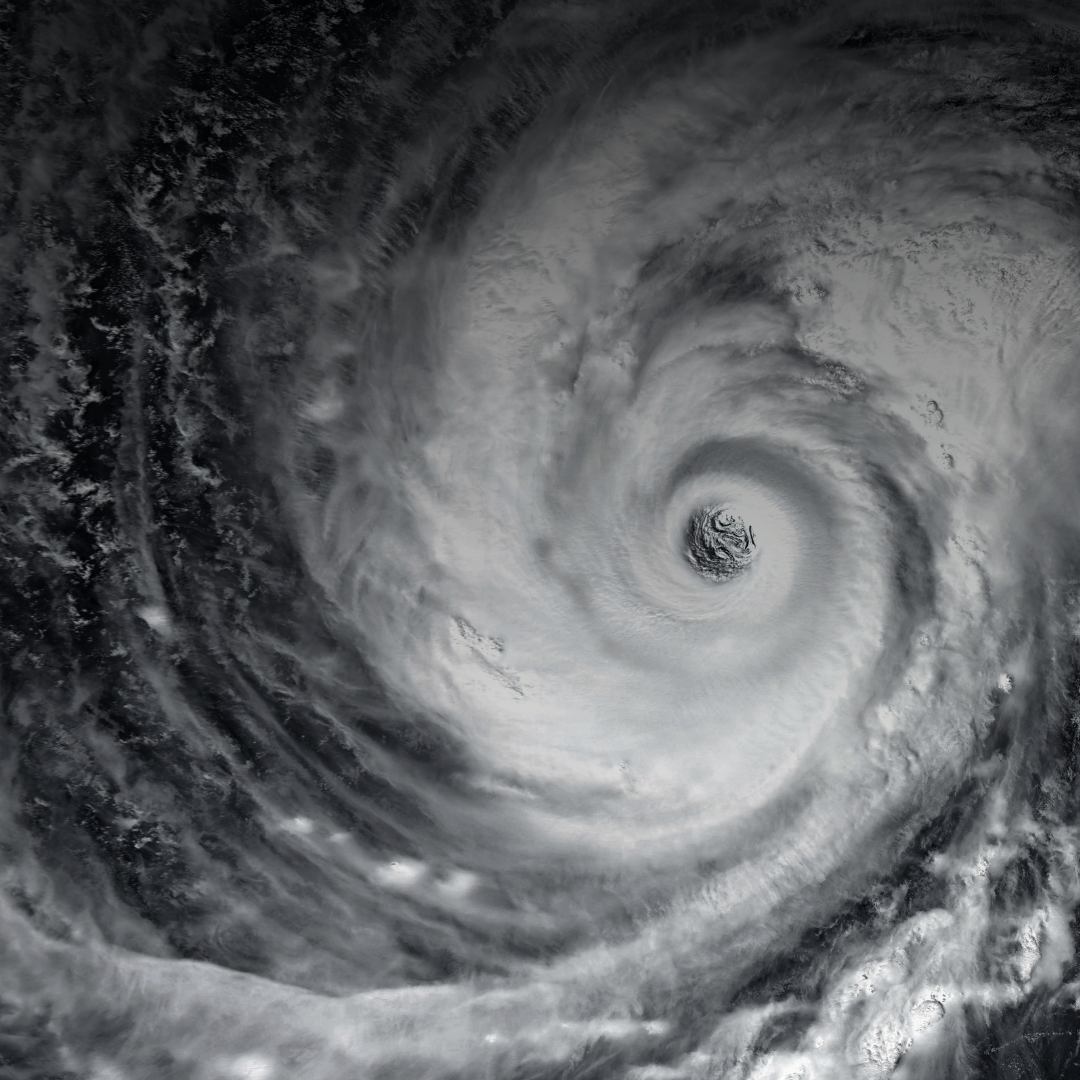How Waste Management Affects The Environment
Understanding the Impact of Waste Management on the Environment
As a society, we produce an incredible amount of waste. We throw out food and other types of trash without thinking twice about it. But do we ever consider how our waste management affects the environment? Unfortunately, improper waste management can have devastating consequences for our planet. Let’s take a closer look at how waste management impacts our environment and what steps can be taken to reduce its impact.

The Effects of Improper Waste Management
It’s estimated that more than 60% of all the waste generated in the world is not managed properly. This means that it is either dumped in landfills or left out in open areas where it can cause serious damage to our environment and health.
Improperly managed waste can pollute air and water, contaminate soil, and create breeding grounds for pests and diseases. It also increases global warming as methane gas is produced when organic materials decompose.
Reducing Our Wasteful Habits
One way to reduce the environmental impact of waste management is to reduce our wasteful habits in the first place. This includes reducing our consumption of single-use plastics and disposing of any items that cannot be reused or recycled properly. Additionally, composting can help reduce the amount of organic matter sent to landfills while providing valuable nutrients to soils that can be used in gardening or agriculture projects.
Composting also reduces methane emissions as the organic matter breaks down much more slowly than when it is kept in a landfill site where oxygen is limited or nonexistent. Finally, opting for reusable containers instead of disposable ones when possible is another great way to reduce waste production overall.
The Impact of Landfills
Landfills are one of the main ways that we manage our waste. However, this method has a significant impact on the environment. Landfill sites are generally located away from residential areas due to their negative effects on air quality and soil contamination. Chemicals such as methane, carbon dioxide, and hydrogen sulfide are released into the atmosphere from landfills, leading to increased smog levels and acid rain.
This can cause respiratory problems in humans and animals alike. In addition, leachate—a liquid produced by decomposing organic matter—can seep into groundwater sources and contaminate them with harmful chemicals and toxins.
Recycling & Reusing Waste
One of the best ways to reduce the impact of waste on our environment is by recycling and reusing items whenever possible. Recycling helps reduce the amount of waste sent to landfills, which reduces methane emissions from decomposing materials. It also conserves natural resources by reducing the need for new products made from raw materials such as wood, metal, plastic, etc. Reusing items such as clothing, furniture, electronics, etc., helps reduce energy consumption associated with manufacturing new products each time you need something replaced or updated.
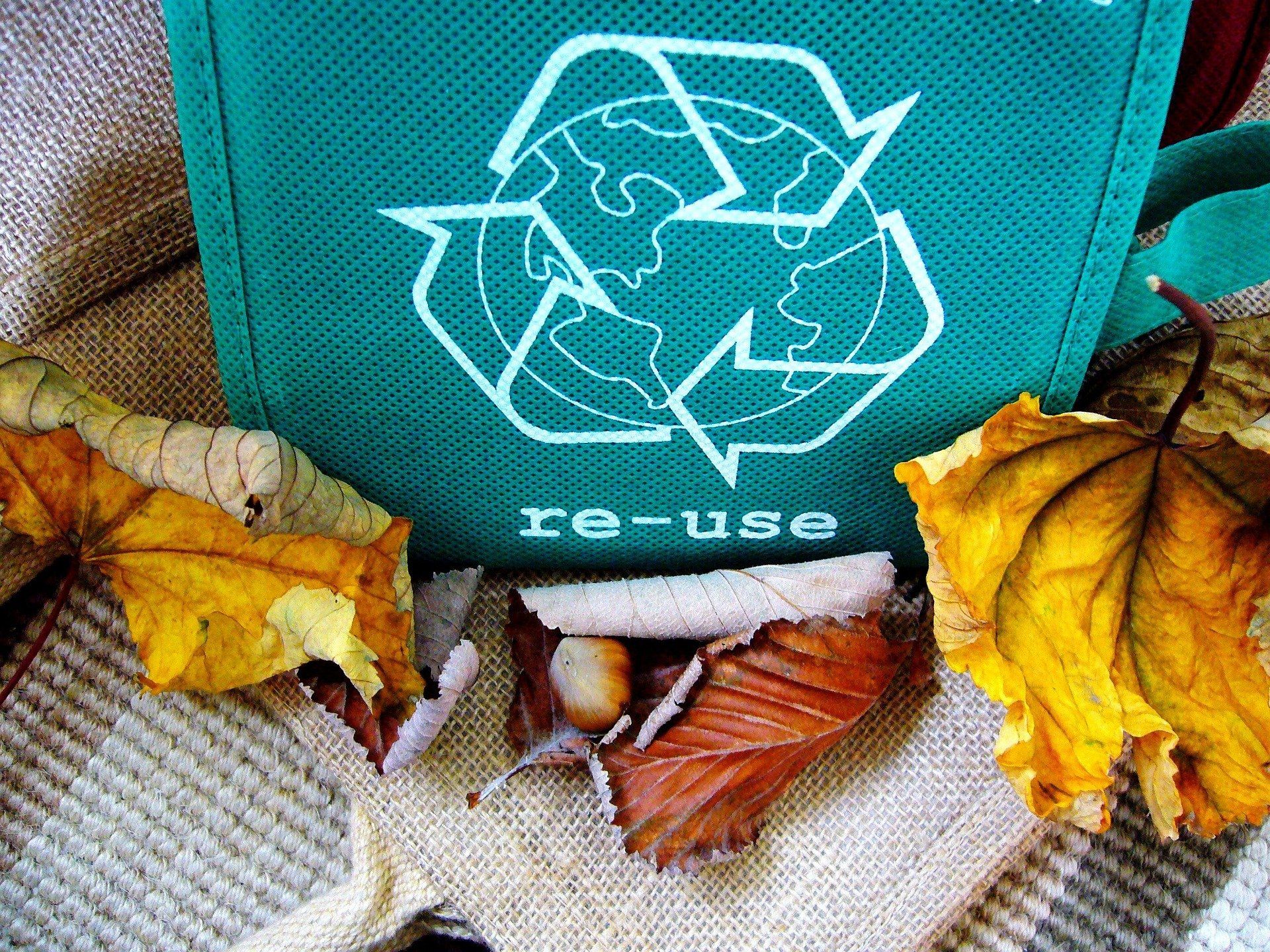
Composting & Waste-to-Energy Conversion
Another way to reduce the impact of waste on our environment is through composting and converting waste into energy sources like biogas or electricity. Composting involves breaking down organic materials like food scraps into nutrient-rich soil amendments that can be used in gardens and farms instead of chemical fertilizers. Converting solid organic waste into energy sources can help reduce our reliance on fossil fuels while reducing greenhouse gases released into the atmosphere during combustion processes like burning coal or oil for electricity generation.
Waste Management Has An Enormous Impact
Waste management plays an essential role in protecting our environment from contamination and pollution caused by improperly handled discarded materials. To minimize its negative impacts, we should strive to recycle and reuse items whenever possible; compost organic material; and convert solid organic waste into energy sources like biogas or electricity through methods such as anaerobic digestion or thermal conversion processes like incineration or pyrolysis. With proper planning and execution, we can ensure that future generations have access to a clean and safe environment while meeting their needs for energy sources too!
